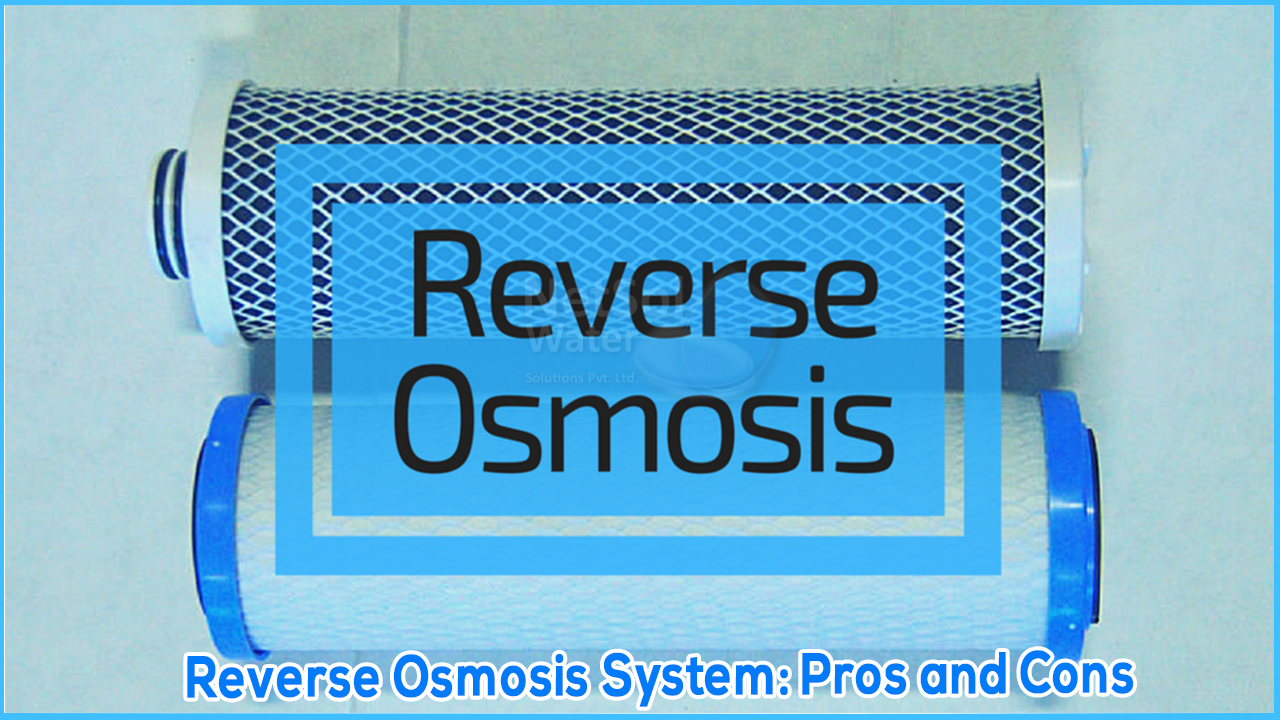Though there are various types of water purification systems in the market, reverse osmosis systems have carved out a special place in the hearts of customers seeking pure water. As a result, it is widely used in residential, commercial, and industrial settings, and it is gaining popularity around the world. NETSOL provides the most innovative line of whole-house water filters, which you can install and maintain yourself or have our experts do it for you. In addition to high-quality products, NETSOL WATER provides excellent customer service.
PROS OF REVERSE OSMOSIS SYSTEM
- It Enhances Taste:We all enjoy spoiling our tastebuds. RO has a much sweeter taste than other types of water. It aids in the removal of saltwater and maintains low total dissolved solids (TDS). RO water is preferable to boiling water before using it in cooking because boiling can kill bacteria in the water but not all contaminants.
- It's Beneficial to the Environment:Using water treatment technologies such as reverse osmosis filtration is also better for the environment because it reduces the use of bottled water. When we stop buying bottled water on a regular basis, we help to reduce the use of single-use plastic bottles, which are bad for the environment.
- It is inexpensive:It is a well-known fact that RO water is less expensive than bottled water. These systems are also less expensive to maintain than many other water treatment technologies in the market today. The user can keep the RO system clean by wiping it down from the outside with a cloth. On the inside, users can schedule maintenance every few weeks. Depending on usage, the filters can last for months. As a result, a RO system is an investment that will save you a lot of money by decreasing your reliance on bottled water.
- It has health benefits:Having enough pure water can help you stay hydrated, improve your digestive health, and ensure proper kidney function. Furthermore, RO water is beneficial to people with weakened immune systems or those undergoing critical cancer treatment such as chemotherapy. RO system will also lower the sodium content of water, lowering the risk of high blood pressure, liver, and kidney problems.
- Heavy metals are removed:The quality of tap water and freshwater sources deteriorates over time. As a result, it contains more heavy metals than is permitted. Only if heavy metals are present will a RO system assist in removing them and ensuring that they are within acceptable limits.
- It effectively removes contaminants: The reverse osmosis process assists in the removal of contaminants from water. It typically has several stages of filtration, with each stage separating different contaminants from the water. Sulfate, sodium, mercury, calcium, lead, chloride, and arsenic are some of the most commonly found contaminants eliminated. To make water drinkable, the RO process removes 99 percent of contaminants. In addition, it removes more contaminants than charcoal filters. It also removes pathogens such as bacteria, fungus, parasites, and viruses.
CONS OF REVERSE OSMOSIS
- The Taste Is Unique: If user have never had reverse osmosis water before, it may take some time to adjust to the taste. It might feel strange or flat at first, but user will get used to it.
- Mineral deficiency: Minerals are removed from water during the RO process. User can easily avoid them because many minerals are found in the foods they eat. However, if the minerals are desired, a remineralization stage can be added to the RO process.
- Basic upkeep is required: The user must ensure that the RO system's filters are in good working order by performing basic maintenance every few weeks. It's a minor task that will help the user keep the system in good working order, get pure water every time, and avoid costly repairs in the future.
- Some Breakdowns: Because the reverse osmosis filtration process is time-consuming, a RO system can only produce a small amount of water at a time. As a result, if the user cleans out the storage tank all at once, he or she may have to wait a while. A wise choice here would be to purchase a filter that produces more gallons of water than user require.




